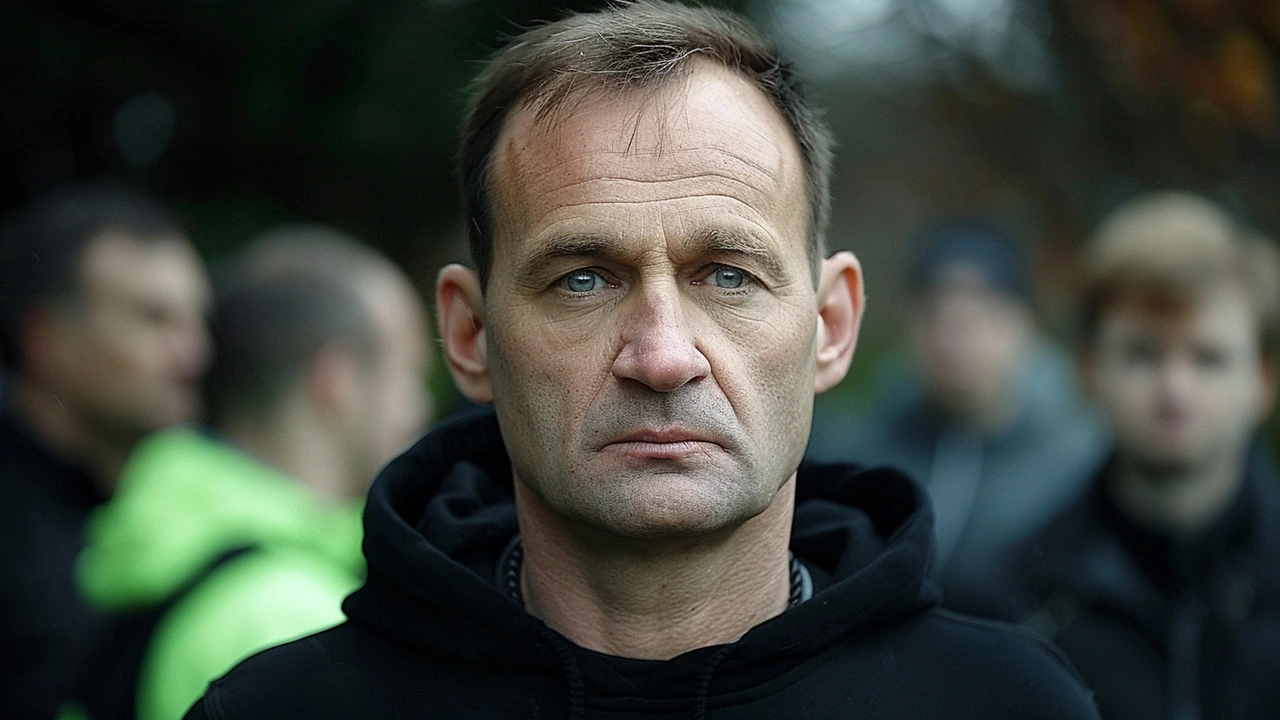Sporting Director: What They Do and Why It Matters
A sporting director can make or break a club’s season — especially during the transfer window. They sit between the board, the manager, scouts and agents. That means they approve signings, set scouting priorities, handle budgets, and shape the club’s long-term plan. You’ll see their fingerprints on big moves like Manchester City's summer spending to support Erling Haaland or Newcastle's bid for Anthony Elanga.
Day-to-day responsibilities
On a daily level a sporting director juggles three things: recruitment, development, and alignment. For recruitment they decide who to target, how much to offer, and which positions are priorities. Think about Manchester United’s interest in Bryan Mbeumo or the Osimhen links — those are recruitment choices tied to strategy and budget.
For development they oversee youth systems and loan plans so prospects grow without clogging the first team. A smart director makes youth pathways clear and measurable. For alignment they keep the manager’s style and the club’s transfer policy working together, preventing wasted buys and constant tactical reshapes.
How they impact results — real examples
Good decisions show up quickly: better depth for big competitions, smarter squad balance, and lower panic spending. Manchester City's transfer push around Haaland shows planning: signings that complement one player instead of replacing him. Newcastle’s bid for Elanga shows a club trying to back its manager with clear targets. When decisions go wrong you often see public chaos, like scramble sales or misfired loans.
Sporting directors also handle delicate situations: contract talks, player discipline, and mid-season fixes. They negotiate with agents and sometimes step in when a manager and board disagree. Their role is part strategist, part diplomat, and part talent judge.
So what makes a good sporting director? Look for three clear strengths: sharp scouting networks, fiscal discipline, and good manager relationships. Scouting networks spot undervalued talent. Fiscal discipline keeps the club stable across seasons. And healthy manager relationships stop transfer conflicts from spilling into the public.
If you’re evaluating candidates or judging a club’s moves, ask these questions: Do signings fit a clear profile? Are youth players getting useful loans? Is the club avoiding panic buys? Answers will show if the sporting director is steering or just reacting.
Finally, sporting directors shape identity. They choose whether a club builds from youth, buys big names, or mixes both. That choice affects transfer windows, coaching hires, and even fan patience. Next time you read news about a transfer target, think about the person behind it — the sporting director who chose that path.
Need a quick checklist to judge a sporting director? Look for consistent recruitment logic, transparent youth plans, balanced budgets, and smooth manager relations. Those signs point to someone who’s not just signing players, but building a club.

Dan Ashworth Set to Join Manchester United After Agreement with Newcastle Resolved
Manchester United and Newcastle have settled disputes over Dan Ashworth, allowing him to begin as United's sporting director. Ashworth, on leave since February, sought to join United, causing tensions with Newcastle. The financial agreement not only resolved this issue but also aided Newcastle's financial stability amid profitability and sustainability regulations.